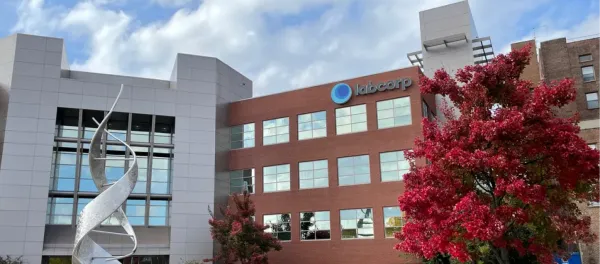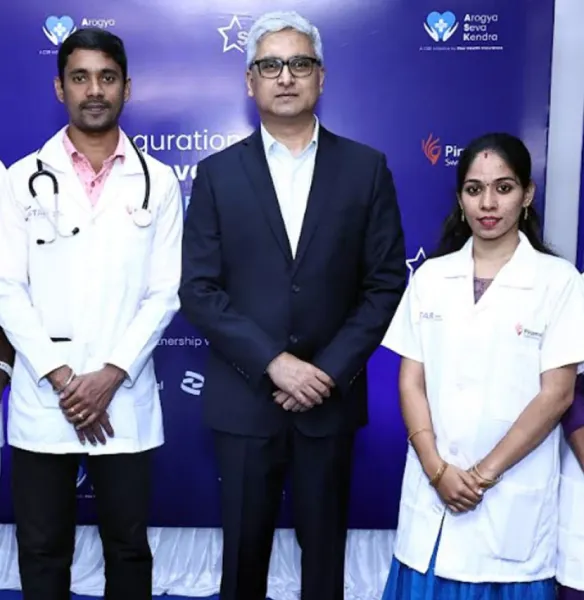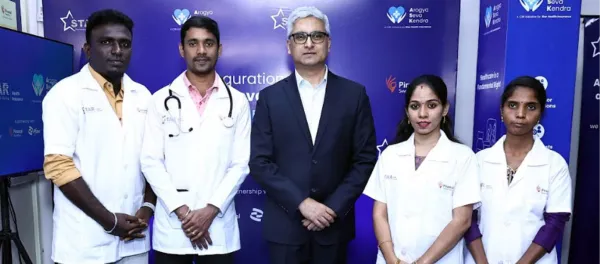Dr. Bobby Mukkamala Becomes 180th AMA President, Urges Systemic Reforms

Dr. Mukkamala underscored the AMA’s ongoing efforts toward Medicare payment reform, addressing physician shortages, and advocating for physician-led care.
Dr. Bobby Mukkamala, an otolaryngologist from Flint, Michigan, has been appointed as the 180th president of the American Medical Association (AMA). He is the first physician of Indian heritage to hold the role.
Addressing delegates at the AMA presidential inauguration, Dr. Mukkamala reflected on his recent medical experience following a brain tumor diagnosis. “As I lay in the recovery room from brain surgery at the Mayo Clinic, with tubes and wires monitoring my every movement, this night-this-honor, this opportunity to improve health care—seemed a very distant dream,” he said.
He pointed to the disparities in patient care experiences, emphasizing that while he benefited from timely and effective treatment, many patients face delays, affordability challenges, and limited access. “Most patients who walk through our doors have a much different experience,” he said.
Addressing Systemic Inefficiencies and Workforce Shortages
Dr. Mukkamala outlined critical areas requiring reform, including the impact of prior authorization delays, administrative burdens, and the strain on physicians managing private practices. “Too few physicians, stretched far too thin,” he remarked, citing a case where a patient chose to wait for his return rather than seek available care elsewhere.
He also highlighted physicians' pressures in balancing costs and care delivery, particularly when dealing with Medicare and Medicaid patients.
“Our health system needs the input of many skilled physicians—physician leaders across every state and specialty—who are working together with incredible purpose and urgency,” he said.
Commitment to Equity and Access
Referencing his long-standing medical practice in Flint, Dr. Mukkamala discussed persistent health disparities tied to socioeconomic factors. “Widespread poverty, community disinvestment, and a national man-made disaster of deteriorating lead pipes have contributed to high rates of obesity, chronic disease, cancers, infant and maternal mortality,” he said.
Dr. Mukkamala underscored the AMA’s ongoing efforts toward Medicare payment reform, addressing physician shortages, and advocating for physician-led care. “We have a long way to go, but I’m committed to this work and I’m ready for this fight,” he stated.
Stay tuned for more such updates on Digital Health News
































